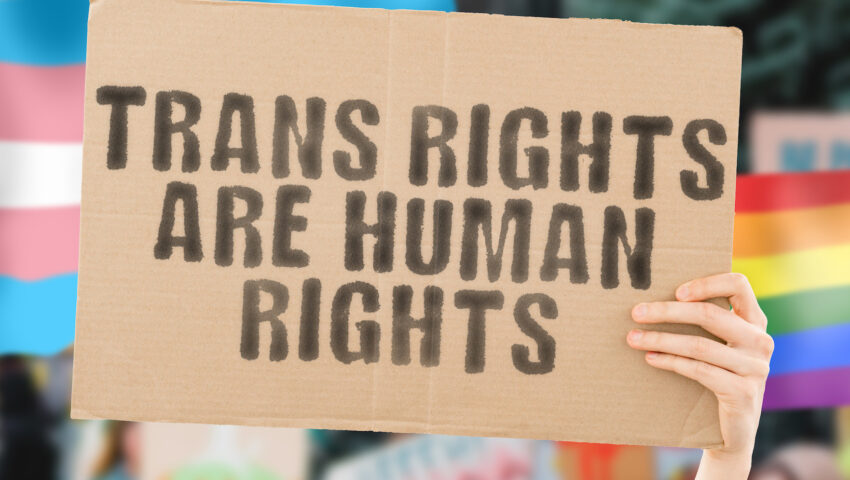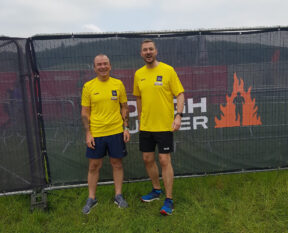Blogs
Transgender Day of Remembrance

The UK media and politics seem obsessed with the “transgender issue”, steering the conversation away from the real problems the community is facing to focus on toilet argument. “Why do trans people take so much place in the public discourse?”, “Why should I care if they can’t use the toilet they want?”, “Being trans is a trend!”, “Soon we’ll have people identifying as a spoon!”, “This is all woke nonsense!”…
I hear these comments so often around me, from friends, family members, co-workers. I believe they come from incomprehension rather than malice. This is why, to mark this year’s Trans Awareness Week and Transgender Day of Remembrance, I’d like to share some facts to help counter the ignorance around the subject.
Transgender Day of Remembrance
Transgender Day of Remembrance is observed annually on the 20th November, it is day to remember those who have been murdered as a result of transphobia. The day was founded to draw attention to the continued violence endured by transgender people around the world.
Since 2008, The Trans Murder Monitoring report has been recording homicides that happen every year around the world.
Since the project began, they have recorded 4369 deaths, and counting. The year 2022 saw 327 reported murders of trans and gender-diverse people. Because crimes against trans people are often not reported to the police, this data is considered to be the tip of the iceberg. However, we can see an alarming upwards trend from 2008 to 2021.
In Europe, the majority of murdered trans people are migrant trans women. Many murders of trans people occur in circumstances including poverty, racism, anti-immigrant and anti-sex worker sentiment and misogyny, which deprive some trans communities of resources and protection and make certain kinds of trans person especially vulnerable to male violence.
Stonewall
Stonewall has recently conducted a survey on the impact of transphobia in the UK.
The results highlight consistently high levels of transphobic discrimination across healthcare, housing, employment, in their social and family lives, in the media, and on the street.
The impacts of these discriminations are shocking, creating barriers to living, working, travelling, and being healthy while trans in the UK, which would be unthinkable if they were experienced by society at large. Furthermore, transphobic hate crime reports have quadrupled over the last six years.
During times of political turmoil, civil rights are often threatened. Recently, legal protections for trans people have been reportedly planned to be removed from the Equality Act 2010.
I believe that in order to counter hate and foster a better world, it is everyone’s responsibility to educate themselves about the struggles of other communities.
Want to know more
You can start by reading this article by Stonewall to get answers to common questions about trans people.
Shon Faye’s brilliant book, The Transgender Issue: an Argument for Justice, counters misinformation and seeks to calmly, kindly, and clearly educated the masses on the social, legal, and medical difficulties that British trans people face on a daily basis. You can also watch her Channel 4 interview if you would like a more condensed format.
Here are a few other cultural recommendations:
Podcasts How to Fail with Elizabeth Day – Paris Lee and I Weigh with Jameela Jamil – Alok Vaid Menon
Documentaries Disclosure and Ocean
Inform yourself about trans lives and struggles. Stand up for trans people right to leave in peace.
Need Support
If you, or a close one, find Trans Day of Remembrance difficult and need someone to talk to, Mermaid helpline number is 0808 801 0400.
You can also contact the Samaritans 24 hours a day, 7 days a week on 116 123.





